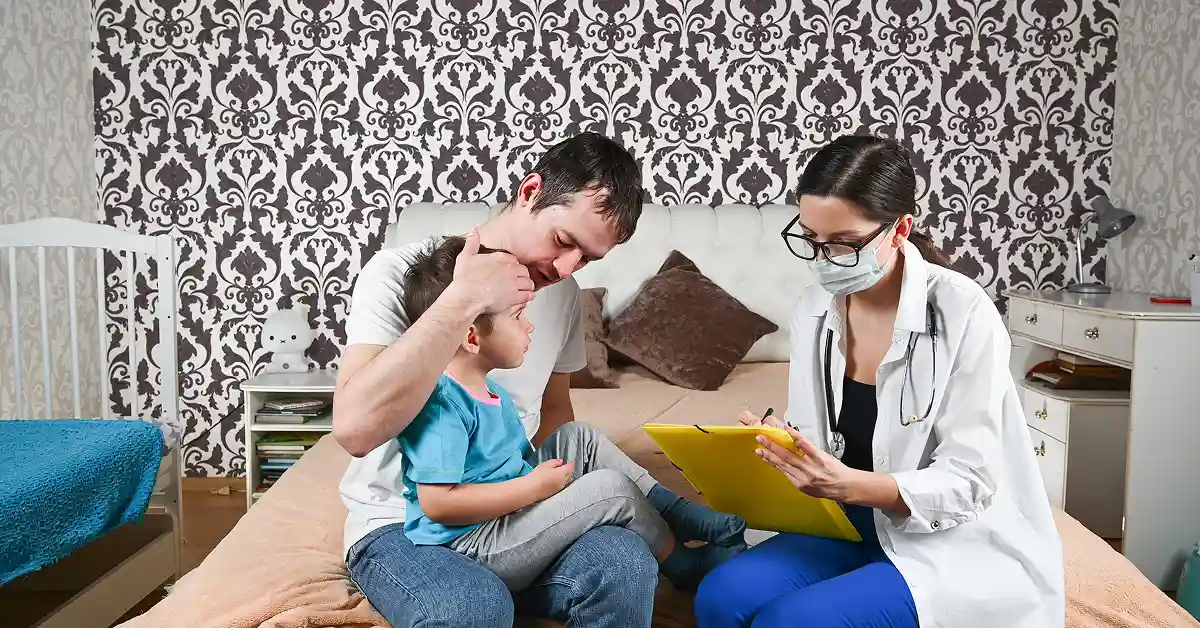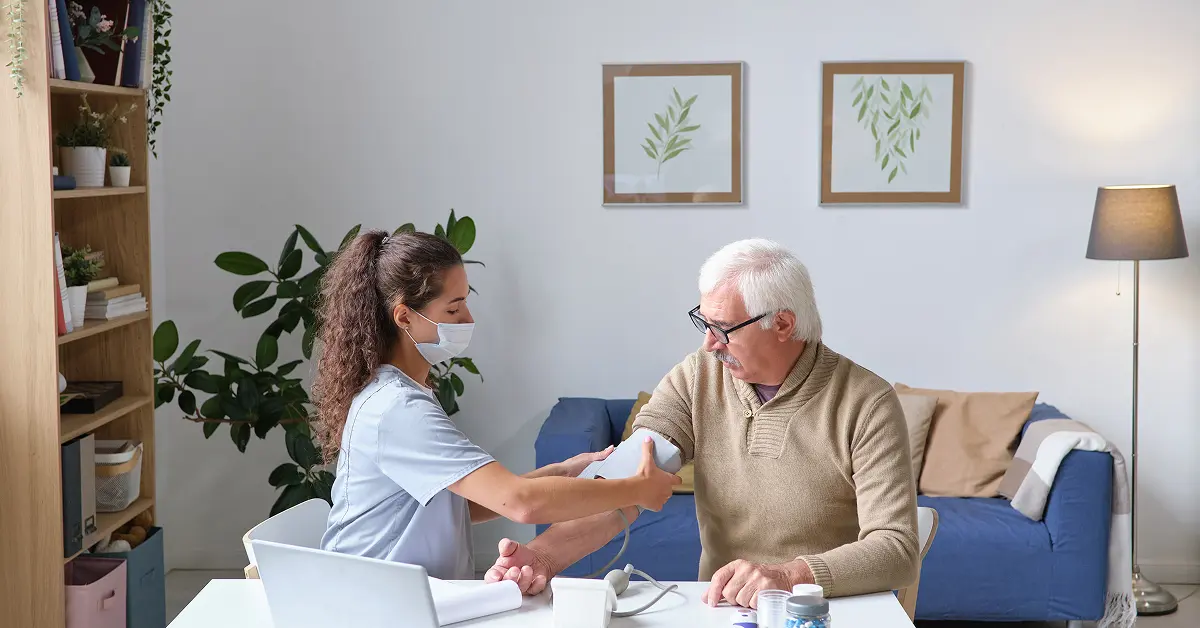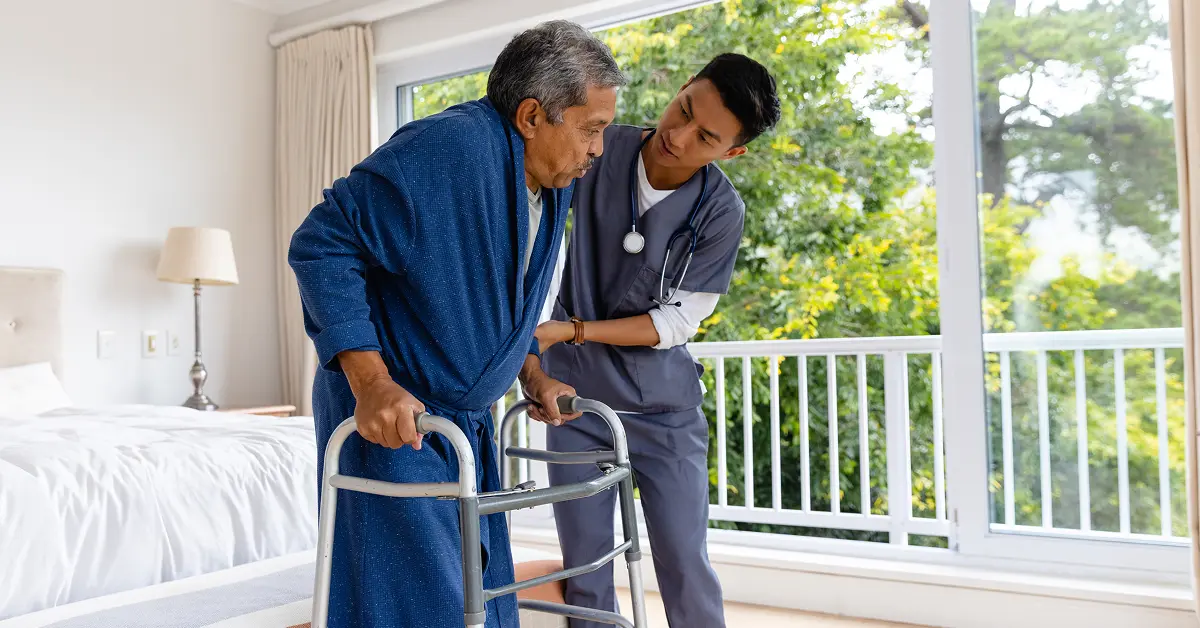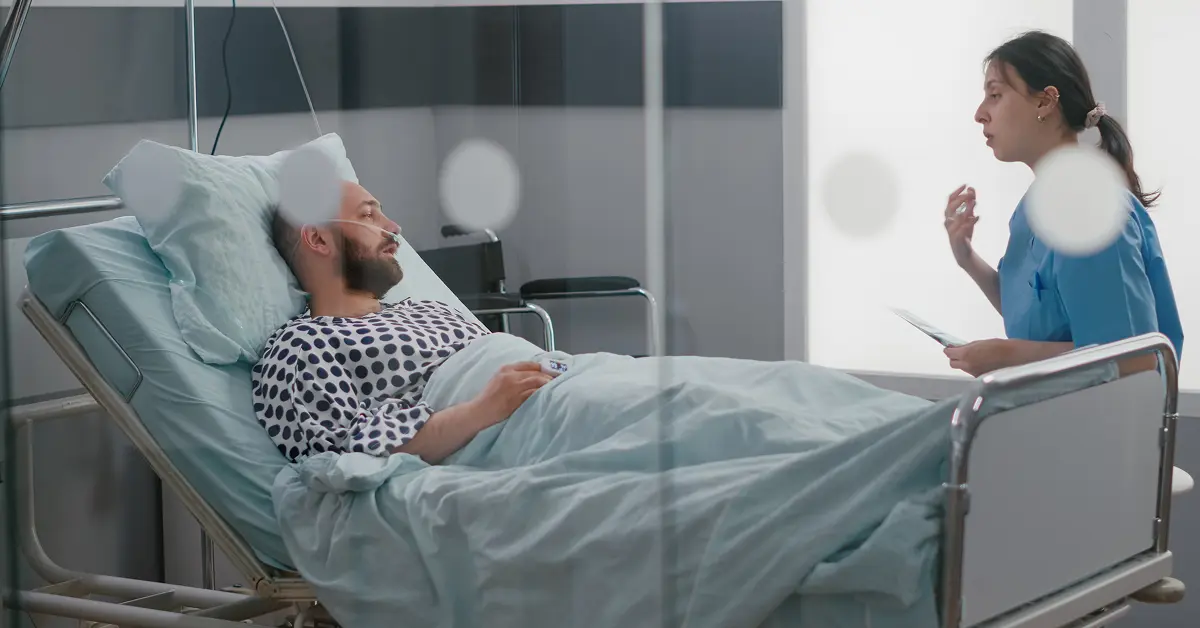Returning home after a complex medical discharge is a critical step in a patient’s healing journey. Whether it's due to surgery, prolonged illness, accident, or chronic condition, the transition from hospital to home must be handled with careful planning. In India, where family often plays a central role in caregiving, it’s important to ensure that the home environment supports the Patient Care recovery – both physically and emotionally.
In this blog, we’ll guide you through the essential steps to set up a recovery-friendly home after a complex discharge, ensuring comfort, safety, and faster healing.
Understand the Discharge Instructions Thoroughly
The process of preparing your home begins at the hospital itself. Before discharge, ensure that you receive:
- A detailed discharge summary
- Medication list with dosages and timings
- Wound care or physiotherapy instructions
- Equipment usage details (e.g., catheter, walker, oxygen cylinder)
- Emergency contact numbers
Ask the hospital staff or attending physician to explain the instructions in simple terms. If you live in a Tier 2 or Tier 3 city in India, you can also ask for recommendations of local home healthcare agencies or medical equipment vendors.
Designate a Comfortable Recovery Area
Choose a quiet, clean, and easily accessible room for the patient. Ideally, it should be on the ground floor to avoid stairs. The room must have:
- Good ventilation and natural light
- Comfortable bedding with back support
- Easy access to a bathroom
- Space for mobility aids like wheelchairs or walkers
If you are in a joint family setup, make sure this area gives the patient enough privacy and peace, especially during recovery from surgeries or trauma.
Home Safety Modifications
Home safety is a top priority after a complex medical discharge. Consider these essential modifications:
- Remove tripping hazards: Eliminate loose rugs, clutter, or extension cords on the floor.
- Install grab bars: In bathrooms and near beds to aid in sitting or standing.
- Non-slip flooring: Use rubber mats in the bathroom and other slippery areas.
- Adequate lighting: Ensure proper lighting in hallways and around the patient’s room.
- Emergency access: Keep a phone or call bell within arm’s reach.
Rent or Buy Medical Equipment
Depending on the medical condition, certain medical equipment may be necessary at home:
- Hospital bed with adjustable height and backrest
- Wheelchair or walker
- Commode chair
- Oxygen concentrator or cylinder
- Suction machine or nebuliser
- Air mattress to prevent bedsores
Many cities in India offer rental services for such equipment, which can be more economical for short-term needs. Be sure to get a demo from the supplier to understand the usage and maintenance.
Hire Trained Caregivers or Nurses
In-home recovery may require professional help. Trained caregivers or home nurses can assist with:
- Medication management
- Wound dressing and infection control
- Vital signs monitoring
- Bathing and hygiene
- Mobility assistance
Hiring a trained attendant also gives family members some relief, especially if they are not experienced in caregiving.
Maintain a Medication and Care Schedule
With complex discharges, the patient is often prescribed multiple medicines, therapies, and follow-up routines. To avoid confusion:
- Use a pill organizer or set reminders on your phone
- Maintain a daily log for medicines, food intake, and symptoms
- Create a calendar for follow-up appointments and tests
Nutritional Support for Healing
Nutrition plays a vital role in recovery. Depending on the illness or surgery, the patient may need:
- High-protein diet for tissue repair
- Low-sodium or diabetic-friendly meals
- Liquids like soups, juices, or protein shakes
- Supplements as recommended by the doctor
In some cases, patients may need a dietitian’s guidance. In India, many homecare providers offer tele-diet consultations or home visits for nutritional planning.
Emotional and Psychological Support
Recovering from a complex medical condition can take a toll on a patient’s mental health. Isolation, pain, or loss of mobility may lead to:
- Anxiety or depression
- Lack of motivation
- Anger or frustration
Support them with empathy and patience. Encourage social interaction with family or friends. If needed, consult a home-visiting psychologist or counselor.
Physiotherapy at Home
Many patients need physiotherapy after discharge – especially those recovering from orthopedic, neurological, or cardiac events. Instead of making tiring hospital visits, opt for home physiotherapy sessions. These therapists help with:
- Strengthening exercises
- Mobility and walking support
- Joint and muscle recovery
- Breathing exercises (for post-COVID or lung patients)
Prepare for Emergencies
Despite all precautions, medical emergencies may arise. Be prepared by:
- Keeping all prescriptions and reports in one folder
- Saving emergency contacts like ambulance, local hospital, and family doctor
- Knowing the nearest hospital route
- Keeping oxygen support ready (if applicable)
You can also register with a local home healthcare service that provides 24/7 emergency support.
Conclusion
Setting up a home after a complex medical discharge isn’t just about comfort — it’s about creating a safe, healing environment tailored to the patient’s unique needs. In India, where home care is often family-driven, this process can be smoother when supported with trained caregivers, medical equipment, and professional services.
Remember, recovery is not a one-size-fits-all journey. Each patient's condition is different, so personalised care, patience, and proper planning are essential. With the right setup and consistent support, your loved one can recover safely and comfortably in the familiar environment of their own home.
Contents
- Understand the Discharge Instructions Thoroughly
- Designate a Comfortable Recovery Area
- Home Safety Modifications
- Rent or Buy Medical Equipment
- Hire Trained Caregivers or Nurses
- Maintain a Medication and Care Schedule
- Nutritional Support for Healing
- Emotional and Psychological Support
- Physiotherapy at Home
- Prepare for Emergencies
- Conclusion
Our 24*7 services
Latest Posts
- What Is Respite Care and Why Is It Important
- Affordable home care for senior citizens in India
- Caring for Seniors with Dementia or Alzheimer's at Home
- Senior Caregiving A Guide for Every Family
- How to Write a Caregiver Resume That Gets You Hired
- How Care After Hospital Discharge Speeds Up Recovery at Home
- How to Get Home Health Care for Seniors Through Medicare
- What Does a Senior Citizen Caregiver Really Do at Home
- How to Care for Elderly Parents with Alzheimer’s or Dementia
- How to Get 24-Hour Care for Seniors at Home



